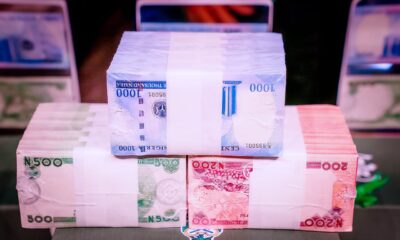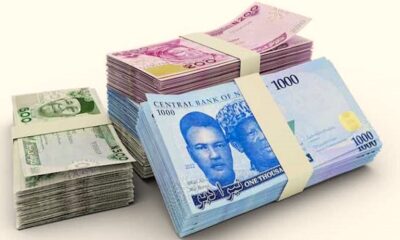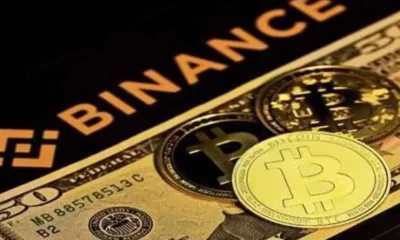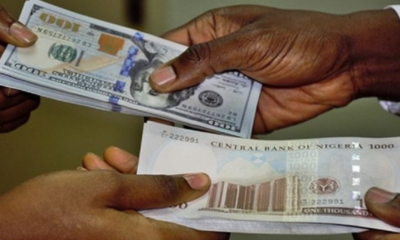The lingering foreign exchange (FX) shortage across the country is causing widespread frustration among Nigerians as they struggle to make foreign tuition payments and conduct business transactions, News About Nigeria reports.
Deposit Money Banks (DMBs) are facing immense pressure to meet their customers’ demands, exacerbating the situation.
With the start of a new academic year looming, many Nigerian students planning to pursue higher education abroad are facing difficulties in securing foreign currencies to pay tuition fees.
The shortage of FX has left these students in a desperate situation, with many resorting to purchasing currency from dealers in the parallel market ahead of their school resumption dates.
The impact of the FX shortage is not limited to students alone. Businesses that heavily rely on foreign transactions are also feeling the pinch. Importers are finding it increasingly difficult to access the required foreign currencies to pay for goods and services from international suppliers.
Manufacturers, too, are grappling with scarcity, hindering their operations and resulting in higher production costs.
Commercial banks in Lagos are struggling to keep up with the growing demand for foreign exchange. Some banks have even informed their customers that they would only be able to access Personal Travel Allowance (PTA) and Business Travel Allowance (BTA) once every two quarters.
This change in policy is a direct response to the FX shortage, as banks are grappling with insufficient foreign currency reserves.
The unification of exchange rate markets, which was implemented to simplify Nigeria’s monetary regime, has resulted in a massive disparity between official and black market values. On the black market, a dollar is traded for 895 naira while the CBN rate as of Friday stood at N750/$1
This disparity has widened to N120/$1 in just a few months, further aggravating the situation and leading to increased volatility in the black market.
Analysts have expressed concerns that forex volatility may persist as more young Nigerians opt to leave the country in search of better opportunities, a trend commonly referred to as “japa.” This outflow of talent and potential economic contributors is likely to put additional strain on the country’s foreign exchange reserves, leading to a further decline in the value of the naira.
During the last monetary policy committee meeting of the Central Bank, Acting Governor Folashodun Shonubi acknowledged the impact of the limited supply of foreign currency on forex volatility. He expressed optimism that addressing the supply issues would eventually lead to a reduction in volatility. However, the timeline for achieving stability remains uncertain.
As the situation continues to unfold, Nigerians are anxiously awaiting measures from the Central Bank and the government to address the FX shortage and ease the burden on students, businesses, and individuals alike. Until then, the frustration caused by the ongoing scarcity of foreign exchange is likely to persist, impacting various aspects of the nation’s economy.












